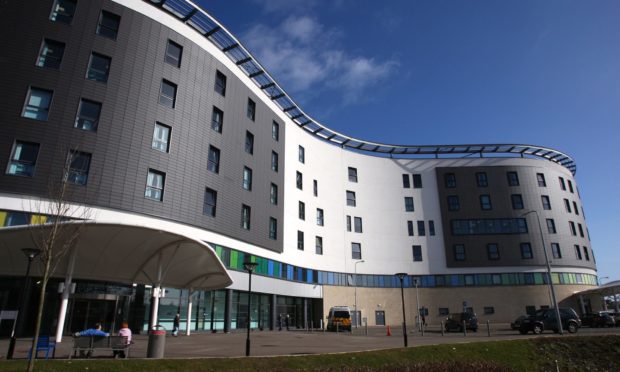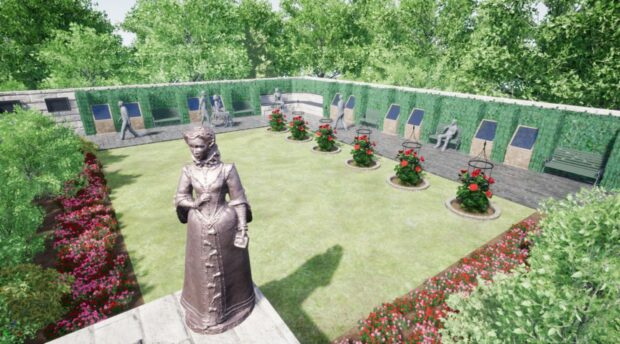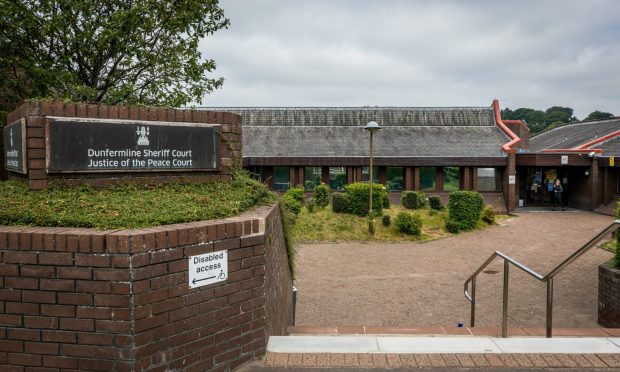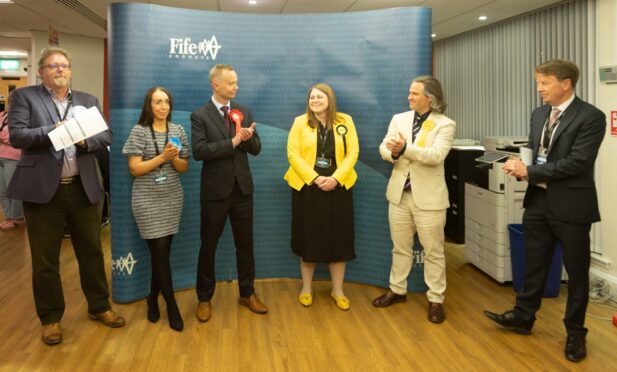Fife cancer patients can expect treatment more quickly than in most other areas of Scotland, new figures have revealed.
But children and adults waiting for mental health treatment are still enduring longer waits than the Scottish average, with performance significantly worse than a year ago.
More than 98% of people diagnosed with cancer were treated within 31 days in October, against a Scottish Government target of 95% – up by 3% since the same period in 2018.
However, fewer than two thirds of children referred to the region’s Child and Adolescent Mental Health Service (CAMHS) were seen within the maximum 18-week target – a fall of more than 20% on the previous year.
This was despite a significant rise in the number of children actually receiving treatment as demand continues to rise.
Adults in need of psychological therapy are in a similar position, with just 64% seen within 18 weeks in October, down from 72% in 2018.
NHS Fife has released the monthly figures, described as a snapshot of its performance across the board.
Interim chief executive Carol Potter said it was performing as well as or better than the Scottish average in 21 out of 26 key areas, despite capacity issues at Victoria Hospital in Kirkcaldy.
It was reported earlier this month that the Victoria was operating at 109% capacity as the demands of winter combined with the number of people waiting to be discharged.
Ms Potter said Fife was doing particularly well in reducing the number of patients hurt in falls while in hospital, hospital-acquired infections and ceasarian sections.
Improvements were also noted in the number of people waiting to be diagnosed with illness, with almost everyone waiting six weeks or less.
Problems accessing CAMHS and psychological therapies have been acknowledged though, and work is said to be under way to improve matters.
Nicky Connor, director of Fife’s Health and Social Care Partnership, said: “We have specialists working closely with us on work around CAMHS.
“Nonetheless, there is a challenge around capacity in both waiting times and new referrals to the service and we will be bringing a paper forward regarding that.
“We’re also looking at psychological therapies and a national lead is about to be appointed who will work with us in Fife.
“We are performing well regarding those who need to access lower tiers of the service but more work is needed for those with more complex psychological needs.”










